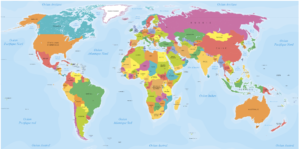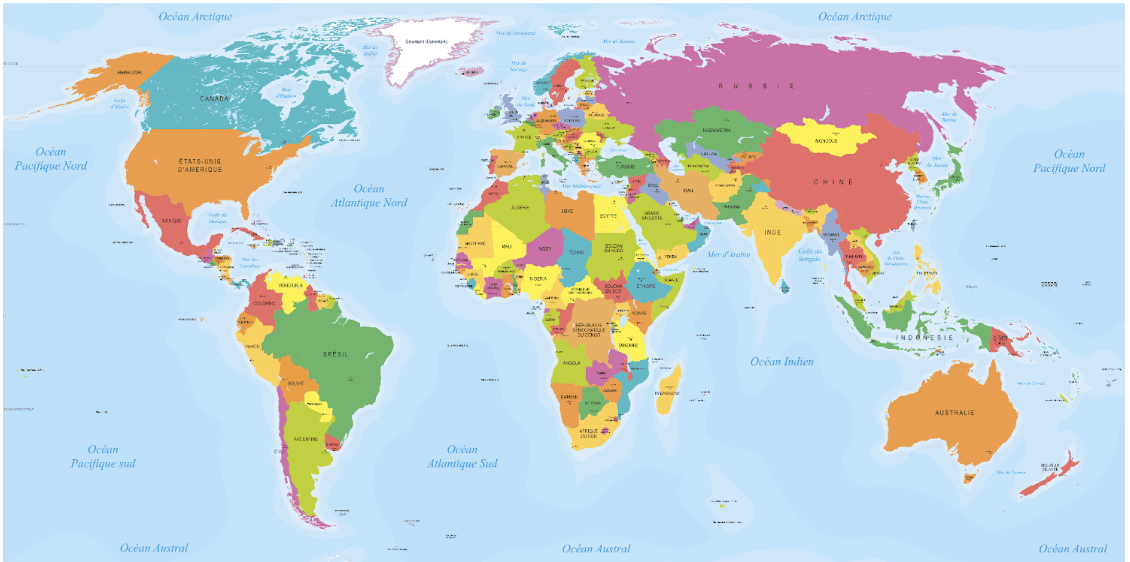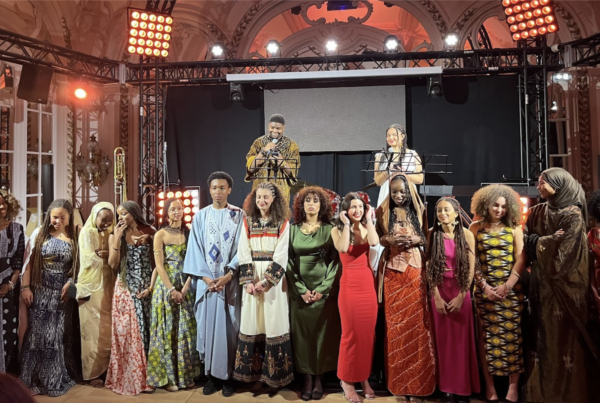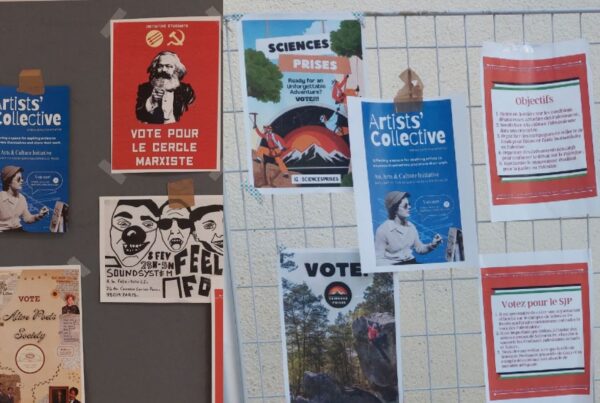
The third year abroad is a pillar of the Sciences Po experience. For many, it represents adventure — a time to take on new endeavors and create lasting memories. Yet the nerve-wracking application process makes for a lasting memory in itself. It’s been one week since the 3A results came out, and confusion and frustration still linger among some students regarding the application and selection processes. Whether you’re a 1A wondering how to choose which universities to apply to, or simply a 2A curious about your peers’ results and opinions, this is the place to find everything there is to know about how Sciences Pistes view the third-year university selection experience.
Following the release of results, I conducted an online survey among the 2As of the Reims campus to gather data on their acceptance results and the importance of various factors in their university selection, as well as their opinions on areas for improvement.
In good news, 72.1 percent of respondents obtained their first choice of university. This was followed by 15.1 percent of respondents obtaining their second, with the percentages declining significantly as one moves further down the list of choices.
When asked which factors they valued most while compiling their list of six universities, the most common responses were as follows (starting with those with the highest frequency): location, course offering, reputation of the university, possibilities for travel, ranking of the university, and cost. In a follow-up question, 2As were asked more specifically whether they valued location and academics equally or favored one of these factors over the other. Unsurprisingly, 46.5 percent of respondents reported valuing location and academics equally, followed by 38.4 percent who prioritized location over academics.
I also inquired about the importance of financial considerations in students’ decision-making processes. A relative majority of respondents (40.7 percent) said financial considerations were “somewhat important” in their decision, followed by 34.9 percent deeming them “very important.”
When choosing which universities to apply to, many students faced uncertainty about the order in which to rank their universities, given the lack of information (as will be discussed later) about how competitive the applications for certain schools would be and which schools needed to be placed in the top three (or even first) on one’s list. Consequently, the majority of respondents (60 percent) claimed they were reluctant to put elite universities on their application list due to the perception that the applications would be too competitive. Indeed, the lack of adequate information provided by the Sciences Po administration resulted in some students feeling so uncertain about the acceptance criteria for certain universities that they ultimately decided not to put them on their list. In fact, one survey respondent mentioned that they almost didn’t put their first choice university on their list for this very reason; however, they ended up placing it first and being accepted. The bottom line: if you’re in doubt, go for it anyway! Have confidence in yourself — it could work out for the best, and you’ll never know if you don’t try.
Nonetheless, the insufficient information provided represents a major failure on the part of Sciences Po. A staggering majority (81.2 percent) of respondents felt that there was not enough information available for them to select their 3A choices. More specifically, most students cited the lack of clarity regarding the number of places available at each university, the required grades (many students have also complained about Sciences Po not providing us with our grade average from 1A), and which schools were absolute first choices (meaning they had to be ranked first on one’s list in order to have a chance at being accepted).
Moreover, there was confusion about course offerings and availability; in many cases, it was no easy task to find this information, nor was it clear which courses would still be offered in our year. Some students also highlighted the absence of more detailed information about the mixed-year option, how to write motivation letters, and — perhaps most notably — the date and time our results would be released (this was still being debated up until the last hour). Others pointed out that non-French-speaking students were disadvantaged during the research process, given that most of the past student reports for partner universities were written in French. Overall, the lack of coherent and timely responses from the administration only compounded these problems. Moving forward, one can only hope that Sciences Po will remedy these issues so future 2As won’t be subject to the same unnecessary stress.
To the soon-to-be 3As: whether you got your 1st choice, the mystery 7th choice, or anything in between, a year of exciting opportunities awaits you filled with self-discovery, personal growth, and new meaningful connections. Take this year to discover your interests more deeply and do the things you didn’t get the chance to do at Sciences Po. Best of luck!
Other posts that may interest you:
- The Trouble with ‘Ecocide’
- Carbon dioxide removal – hit or miss?
- Local Victories for Turkish Opposition — A Sign of Hope?
- Are France and Japan a Mismatch Made in Heaven?
- A Reflection on Dark Tourism
Discover more from The Sundial Press
Subscribe to get the latest posts sent to your email.





